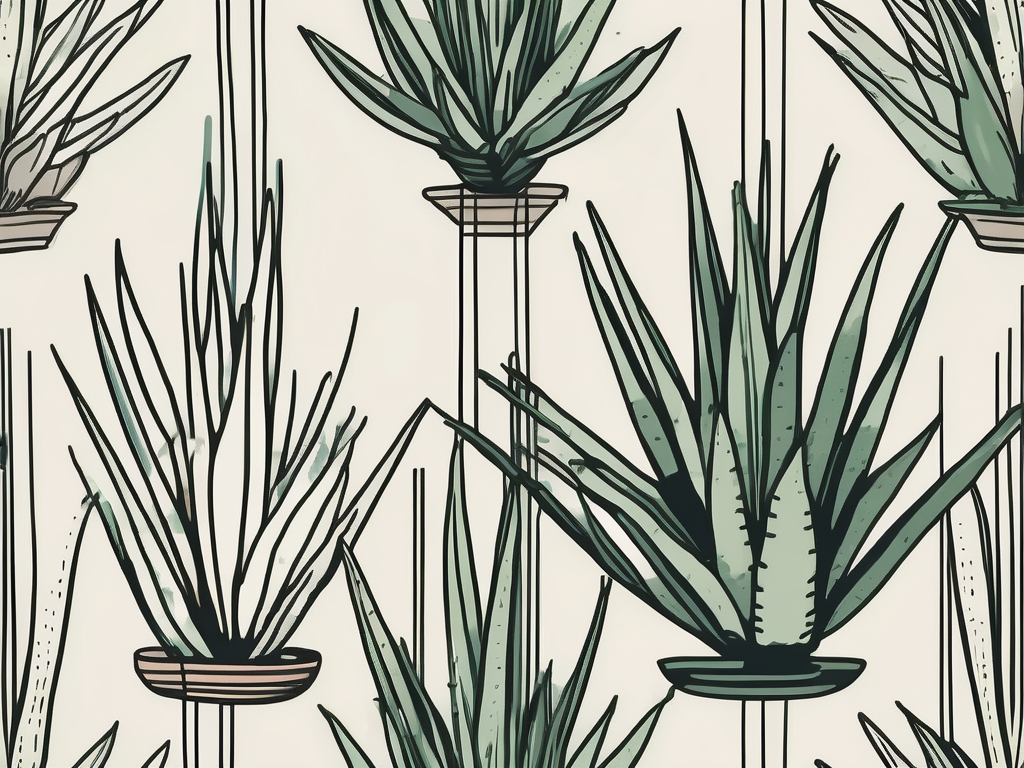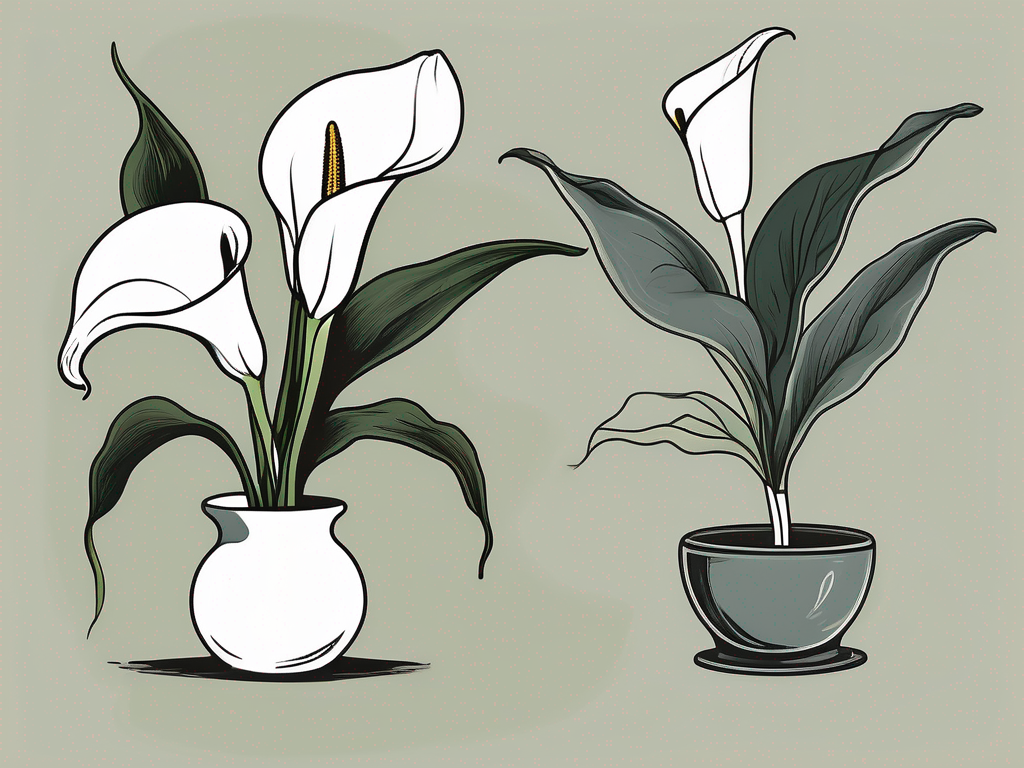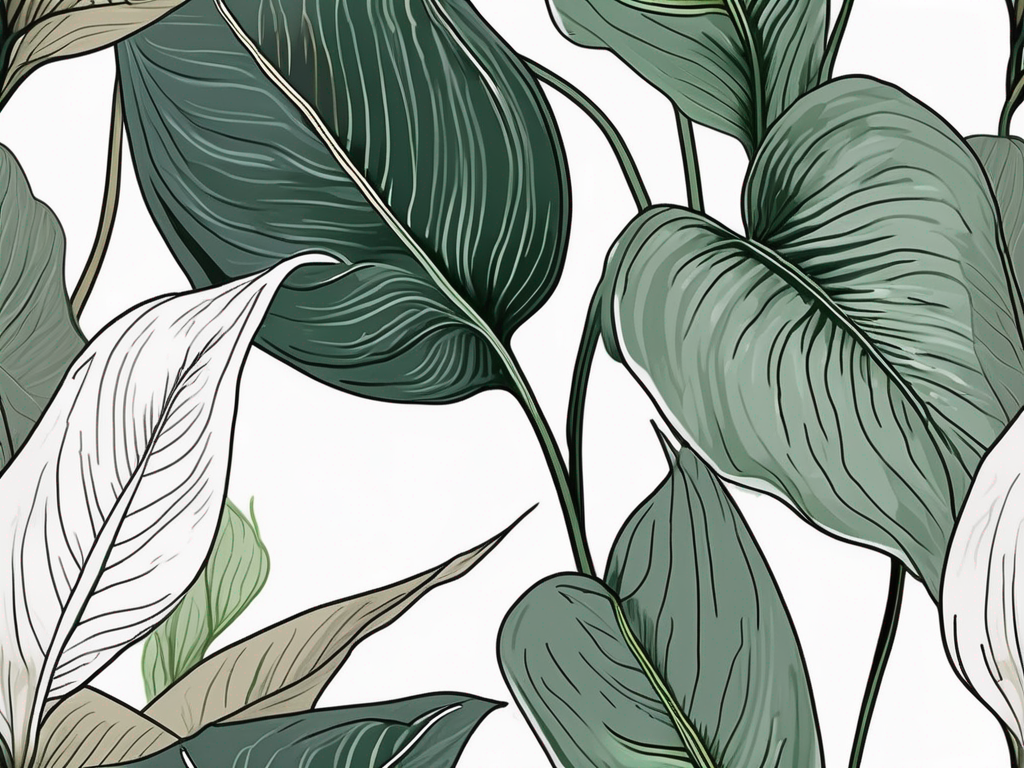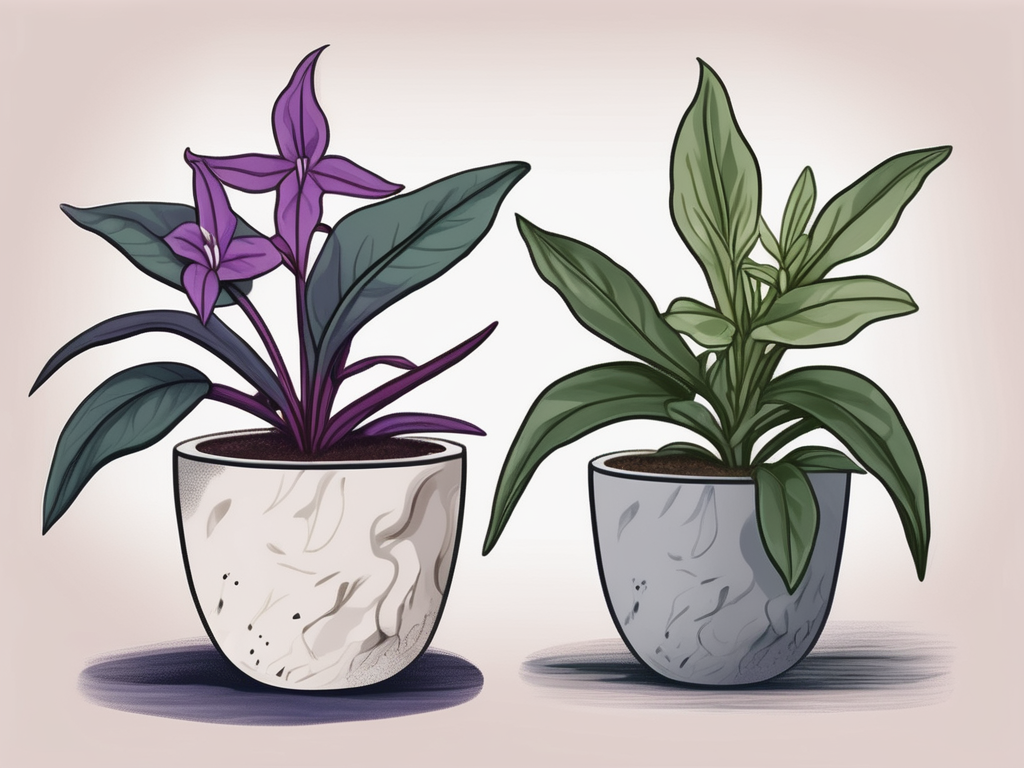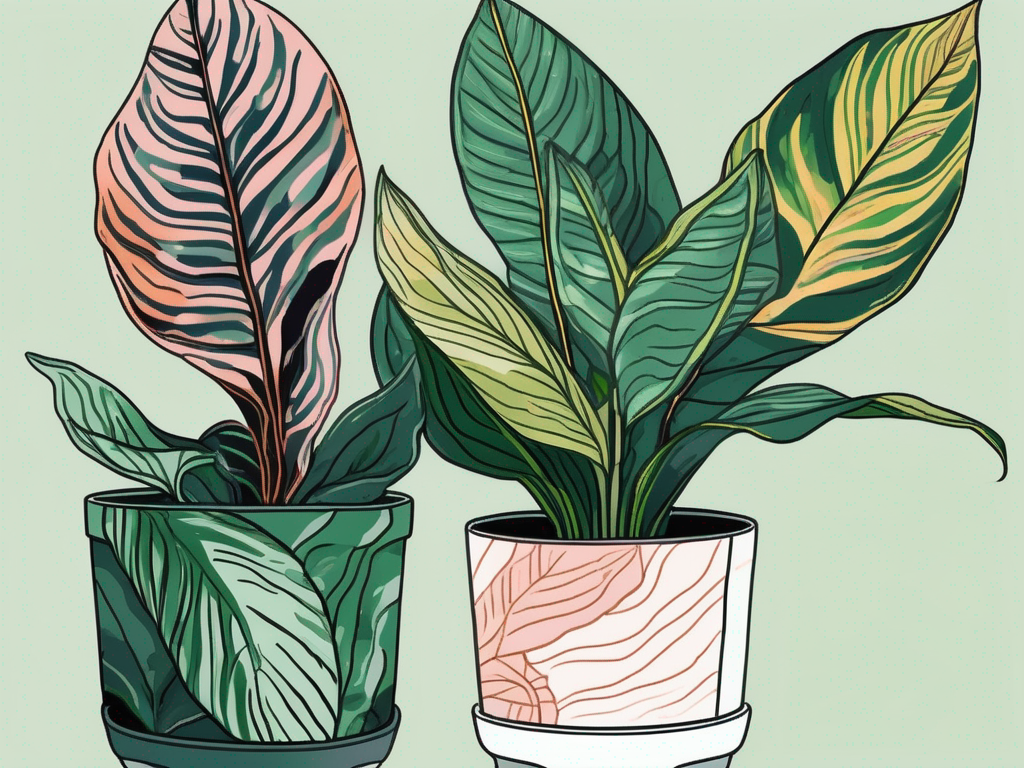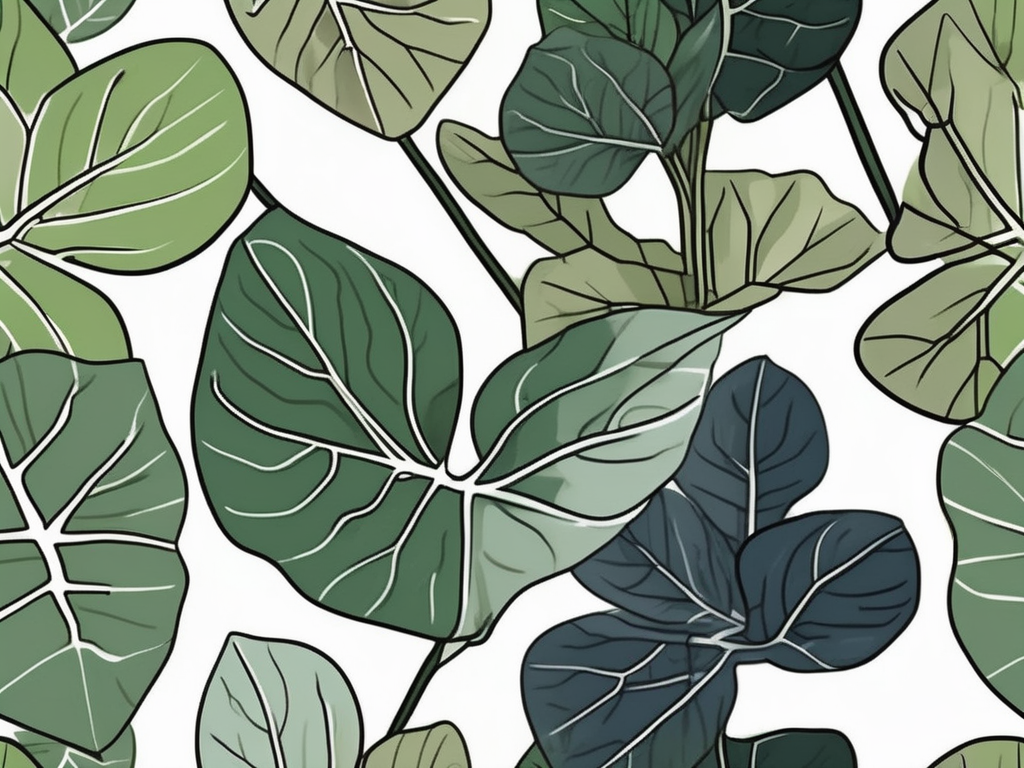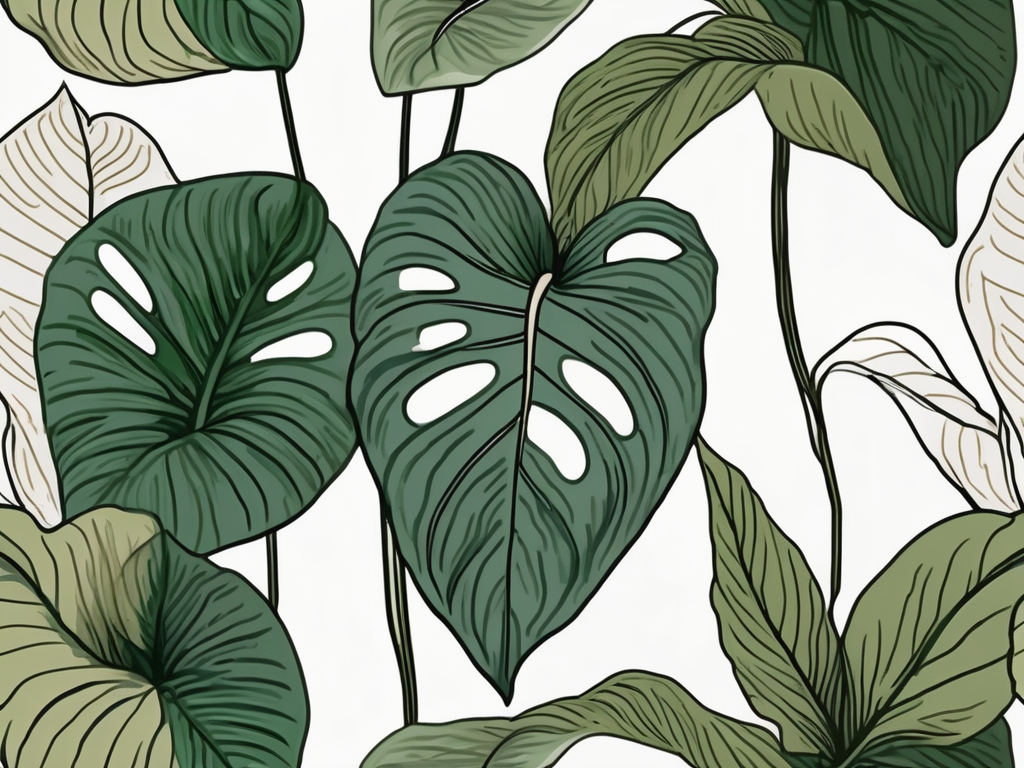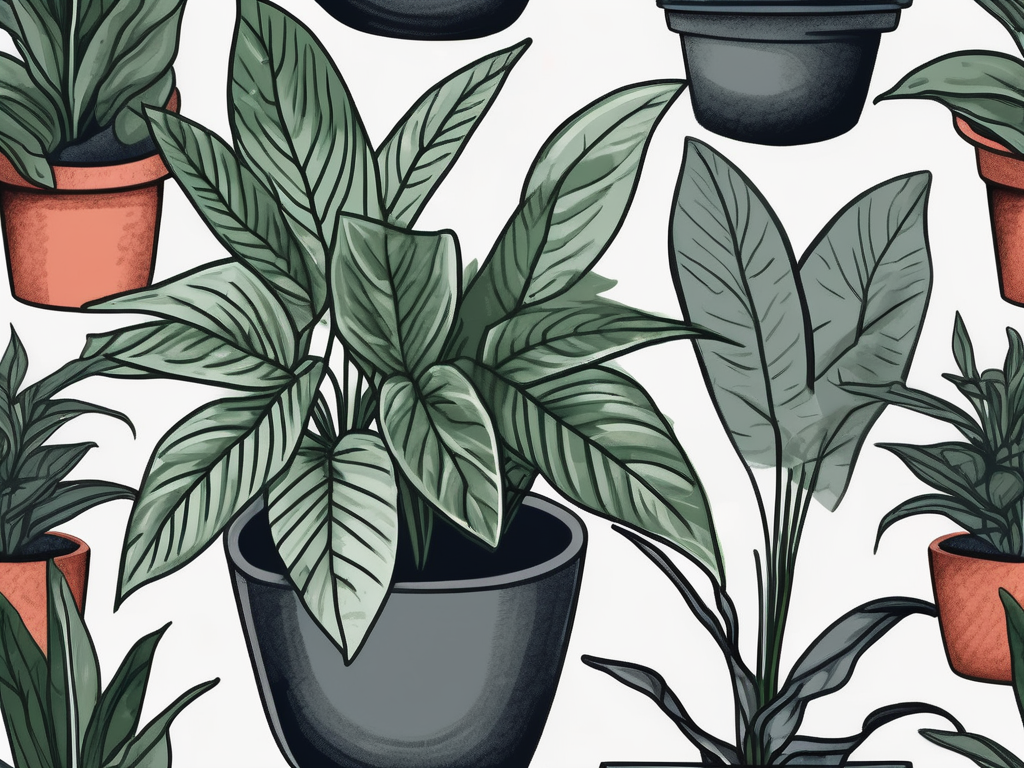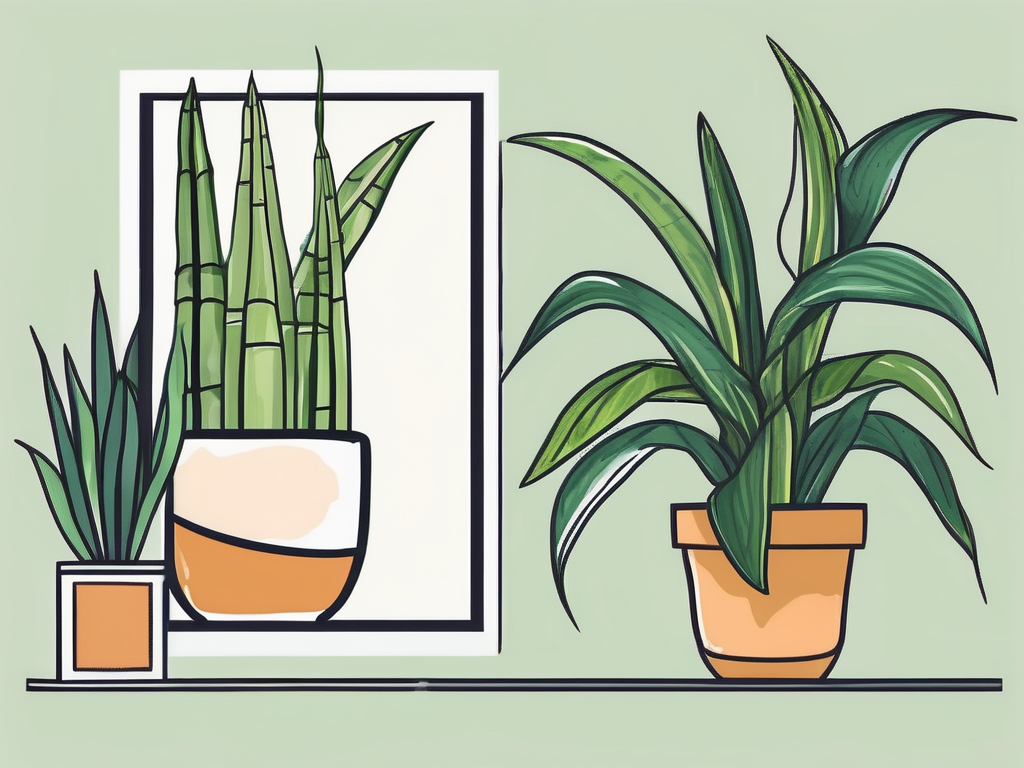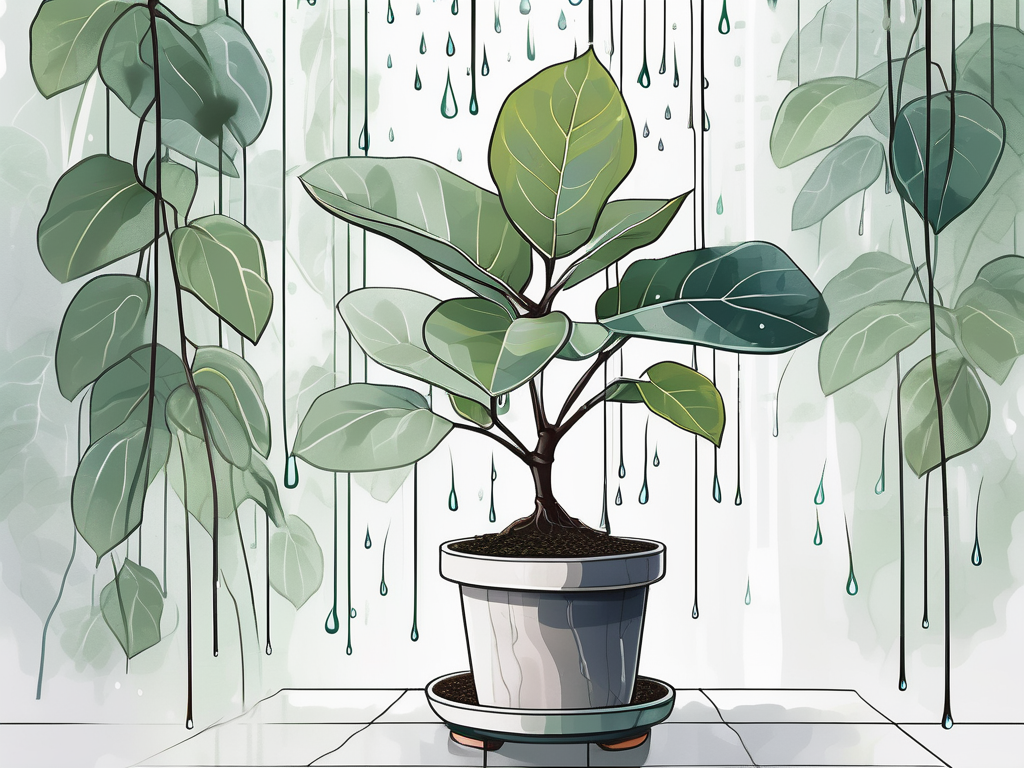
Have you ever admired a Ficus Alii and wondered about its ideal living conditions? Well, you're not alone. These elegant, slender-leaved plants are a delightful addition to any home, but they come with specific care needs—particularly when it comes to humidity. Understanding the role of humidity in keeping your Ficus Alii happy and healthy can make all the difference.
In this blog post, we'll explore the importance of humidity for Ficus Alii and how you can create the perfect environment for your leafy friend. From why humidity matters to practical tips for maintaining it, you'll find everything you need to ensure your Ficus Alii thrives.
Why Humidity Matters for Ficus Alii
First things first, let's talk about why humidity is such a big deal for Ficus Alii. These plants originate from the tropical regions of Southeast Asia, where the air is naturally moist and warm. As you might guess, they prefer similar conditions in your home. When the air is too dry, your Ficus Alii can suffer, leading to issues like leaf drop and browning edges.
Humidity plays a crucial role in a plant's ability to perform photosynthesis and transpiration. In simple terms, it's how plants breathe and create food. Low humidity levels can hinder these processes, leaving your plant stressed and weak. On the flip side, proper humidity helps keep your Ficus Alii vibrant and lush, allowing it to absorb nutrients efficiently.
So, how do you know if your home has the right humidity level for your Ficus Alii? A hygrometer can be a handy tool to measure the moisture in your air. Ideally, you'll want to maintain a humidity level between 50% and 70% for your plant to thrive.
Signs Your Ficus Alii Needs More Humidity
Not sure if your Ficus Alii is getting the humidity it craves? Here are some telltale signs that your plant might be thirsting for more moisture:
- Leaf Drop: If you notice leaves falling off more than usual, it might be a sign that the air is too dry.
- Browning or Crispy Edges: When the leaf edges start to brown or feel crispy to the touch, low humidity could be the culprit.
- Curled Leaves: Leaves curling inward is another indicator that your plant isn't happy with the current humidity level.
If any of these symptoms sound familiar, it's time to take action and boost the humidity around your Ficus Alii.
Simple Ways to Boost Humidity for Your Ficus Alii
Now that we know why humidity is so important, let's talk about how you can increase it for your Ficus Alii. Thankfully, there are several easy and effective methods you can try:
- Use a Humidifier: Perhaps the most straightforward option, a humidifier can help maintain consistent moisture levels in the air. Place it near your plant and set it to the desired humidity level.
- Mist Your Plant: This is a quick fix that can provide temporary relief. Simply fill a spray bottle with water and mist the leaves, being careful not to oversaturate them.
- Group Plants Together: Plants naturally release moisture into the air, so clustering a few together can create a mini humid environment.
- Place a Water Tray: Set your plant on a tray filled with water and pebbles. As the water evaporates, it will add humidity to the air around your plant.
Try a combination of these techniques to see which works best in your home. It might take some experimentation, but your Ficus Alii will thank you for it.
Common Mistakes to Avoid
While increasing humidity is vital, it's just as important to avoid common pitfalls that could harm your Ficus Alii:
- Overwatering: Don't confuse humidity with watering. Overwatering can lead to root rot, so always check the soil moisture before adding more water.
- Direct Sunlight: Placing your plant in direct sunlight while trying to increase humidity can dry out the leaves even more. Opt for bright, indirect light instead.
- Neglecting Air Circulation: While you want to maintain moisture, stagnant air can lead to fungal issues. Ensure your plant has good air circulation.
Avoiding these mistakes will help you strike the right balance for your Ficus Alii's humidity needs.
Seasonal Humidity Changes
It's important to remember that humidity levels can fluctuate with the seasons. In winter, for example, indoor heating can significantly reduce air moisture, making it a challenging time for your Ficus Alii.
To combat this, consider running a humidifier more frequently during the colder months or relocating your plant to a naturally more humid room, like the bathroom, provided there's enough light. Regularly monitoring your indoor humidity with a hygrometer can also help you stay ahead of any seasonal changes.
During the warmer months, your home might already have higher humidity, but it's still a good idea to check and adjust as needed. With a little attention, you can keep your Ficus Alii happy year-round.
How to Measure Humidity Levels
Wondering how to keep track of your home's humidity? Here's a simple guide to measuring it:
- Invest in a Hygrometer: These handy devices measure air moisture and are available in both digital and analog versions. Place it near your plant for the most accurate reading.
- Use a Humidity App: Some weather apps can provide indoor humidity readings, though they might not be as precise as a hygrometer.
- Observe Your Plant: Over time, you'll become familiar with how your Ficus Alii responds to different humidity levels. Use this as a guide alongside your measurements.
By keeping an eye on humidity levels, you'll be better equipped to make necessary adjustments and ensure your plant thrives.
Choosing the Right Location for Your Ficus Alii
The location of your Ficus Alii can significantly affect its humidity needs. Here are some tips for finding the perfect spot:
- Avoid Drafts: Keep your plant away from windows or doors that might let in cold air, as this can dry out the leaves.
- Find a Bright Spot: While not directly related to humidity, placing your plant in a spot with bright, indirect light can help it grow strong and healthy.
- Consider the Room: Bathrooms and kitchens tend to have higher humidity levels, making them ideal locations if they have sufficient light.
By considering these factors, you can help your Ficus Alii flourish in its new home.
How Humidity Affects Pest and Disease Resistance
Did you know that proper humidity can also play a role in your plant's ability to resist pests and diseases? Here's how:
Low humidity can make plants more susceptible to pests like spider mites, which thrive in dry conditions. These tiny critters can wreak havoc on your Ficus Alii, leading to leaf damage and stress.
On the other hand, overly humid conditions without good air circulation can encourage fungal growth, which is equally harmful. Keeping humidity at the right level helps your plant maintain a robust natural defense against these threats.
By maintaining balanced humidity, you'll not only keep your Ficus Alii looking its best but also help it fend off common plant problems.
Final Thoughts
We've covered a lot about humidity and how it affects your Ficus Alii. By understanding and managing humidity levels, you can ensure that your plant thrives in your home and stays healthy and beautiful.
At Cafe Planta, we're here to help you with all your plant needs. Whether you're looking for new additions to your collection or need advice, we're just an email or Instagram message away. Happy planting!

